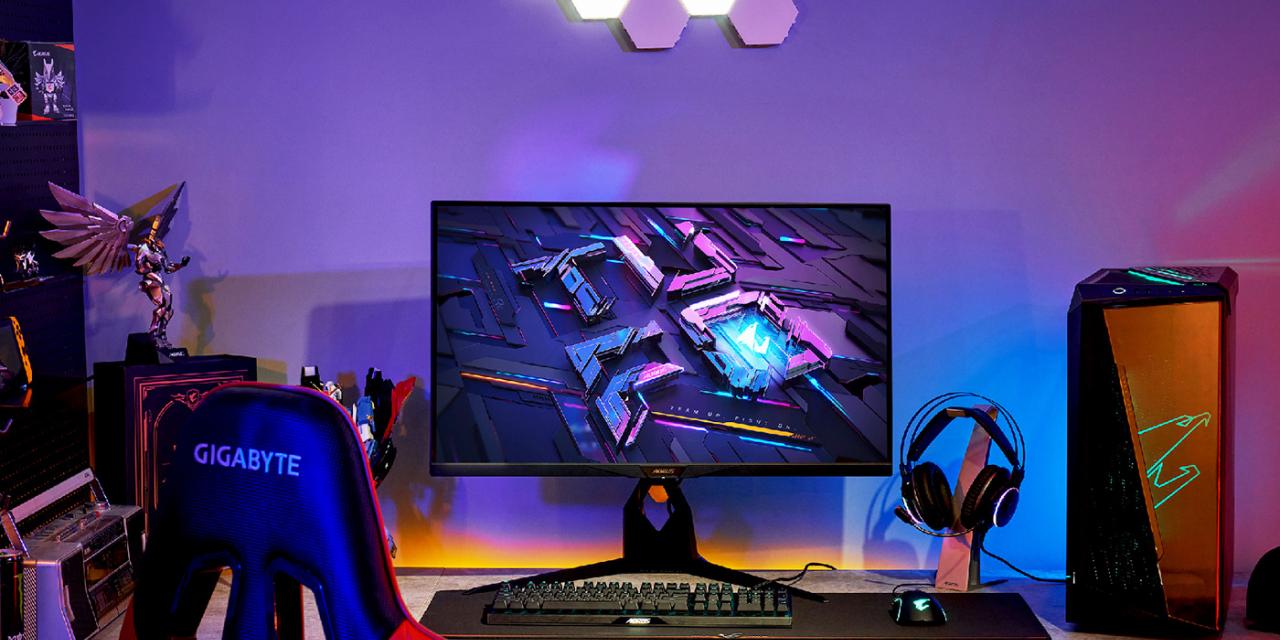
A security vulnerability affecting hundreds of Gigabyte motherboards has been unearthed, and if you’re using a modern Gigabyte mobo, it’s highly likely you’re going to need to switch off some BIOS settings in order to shore up your device’s security.
The vulnerability has been discovered by the security company, Eclypsium, and it concerns a specific element of Gigabyte’s built-in updater. When booted up, the affected motherboards will automatically send a query to a certain website in order to download and execute updates. The issue stems from the fact it queries a HTTP website (instead of the more secure HTTPS), and could theoretically be hijacked by a bad actor to activate malware on your device without your knowledge.
Thankfully, the use of "theoretical" there highlights a key point — Eclypsium doesn’t believe this vulnerability has actually been exploited by anyone, which is a big relief. However, that’s unlikely to stay the case now the vulnerability has been made public, and it’s important to take action if your motherboard is on the list of devices provided. There are supposedly 271 models on the list, but it’s a good idea to assume you might be affected if you’ve bought your Gigabyte motherboard any time recently.
On the plus side, it requires a computer on your network to actually attack the vulnerability, which makes it less of a worry for those running computers on home networks. If you’re running a large network for an organization, though? That’s a serious worry, and one which Gigabyte will rush out a patch for as quickly as possible. If you’re worried about it, you’ll want to seal up the hole best you can by yourself, which is, thankfully, easy to do.
In order to deal with the vulnerability, you’ll need to head to your BIOS settings. You’ll access this the same way you always have i.e., by hammering the Delete or F2 keys when your device is booting up. When you’re in your BIOS settings, find the "APP Center Download & Install" feature and turn it off. You may also want to set a BIOS password while you’re here, just to make sure there’s another level of security in place.








